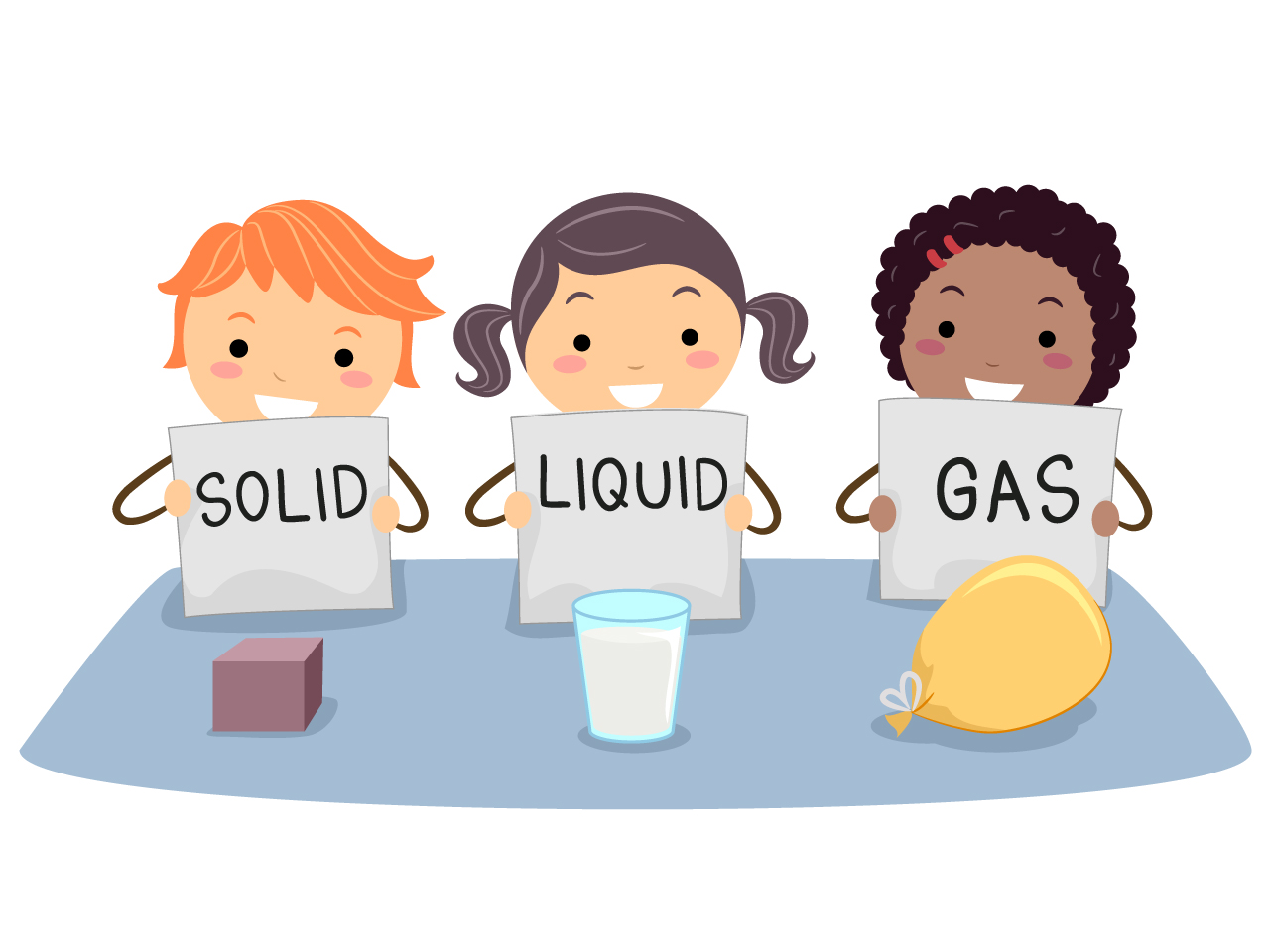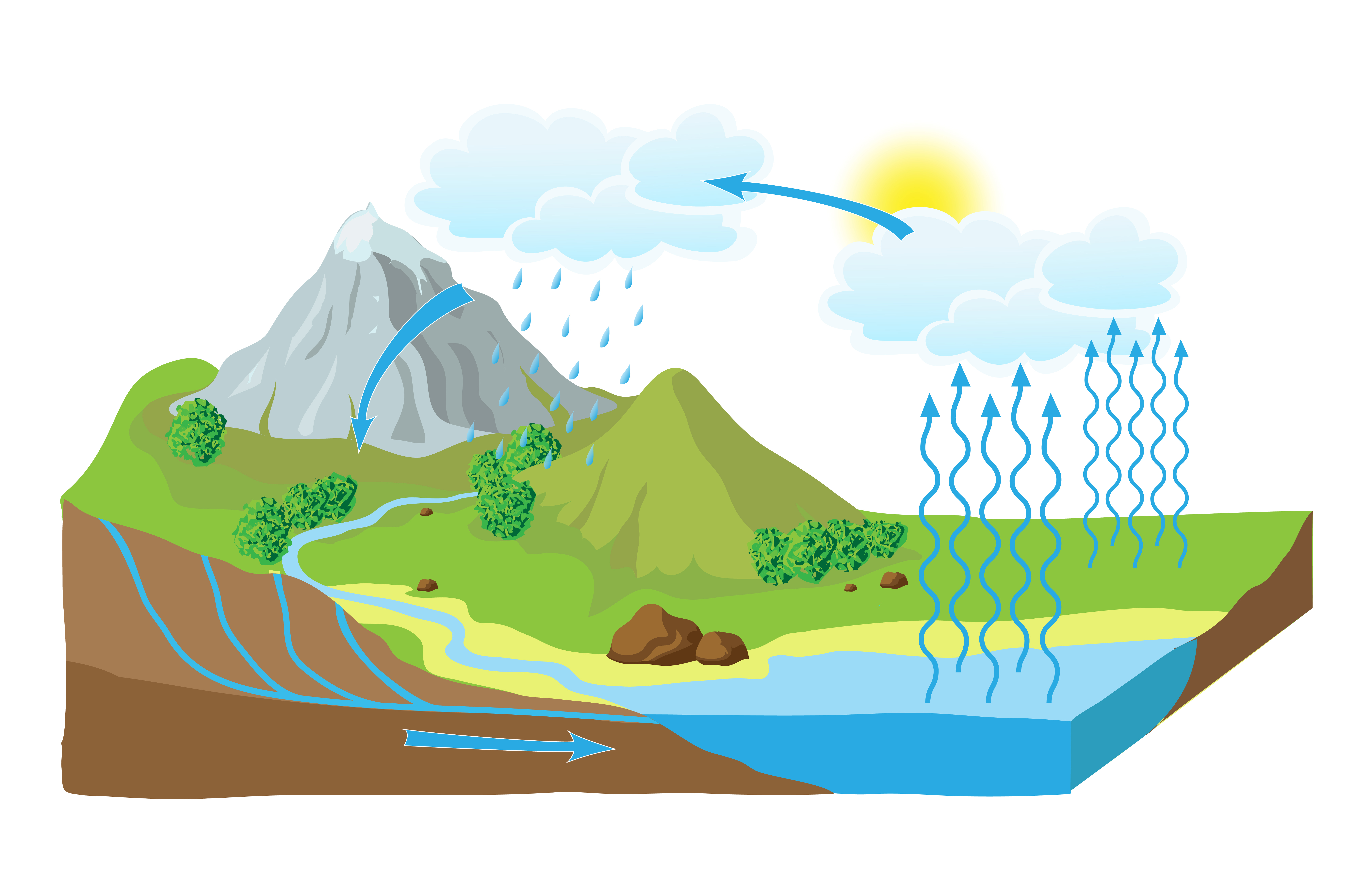Knowledge application Normal Physical Science Worksheets for Ages 3-8
4 filtered results
-
From - To
Discover our engaging Normal Physical Science Worksheets designed for children aged 3-8! These worksheets focus on knowledge application, helping young learners explore fundamental science concepts while enhancing their critical thinking skills. Tailored to inspire curiosity, our resources feature interactive activities that encourage kids to apply their understanding of basic physical science principles. From hands-on experiments to fun prompts, these worksheets create opportunities for exploration and discovery in a playful manner. Ideal for classroom use or homeschooling, our worksheets promote early scientific literacy, ensuring children build a strong foundation for future learning. Start your child's science journey with us today!
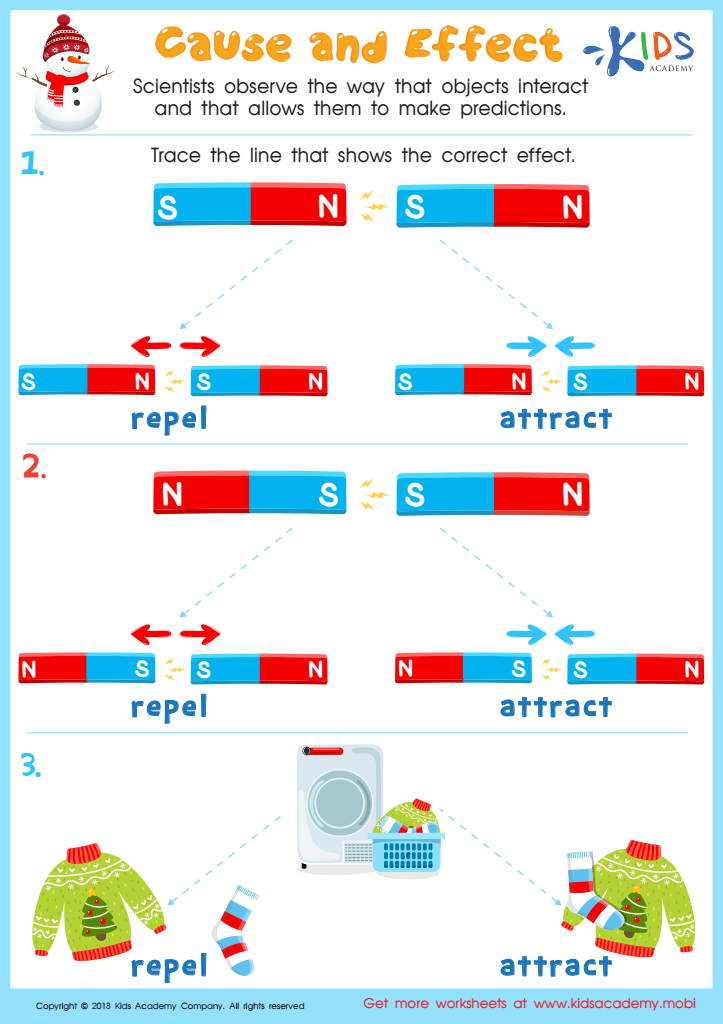

Repel and Attract Magnet Worksheet
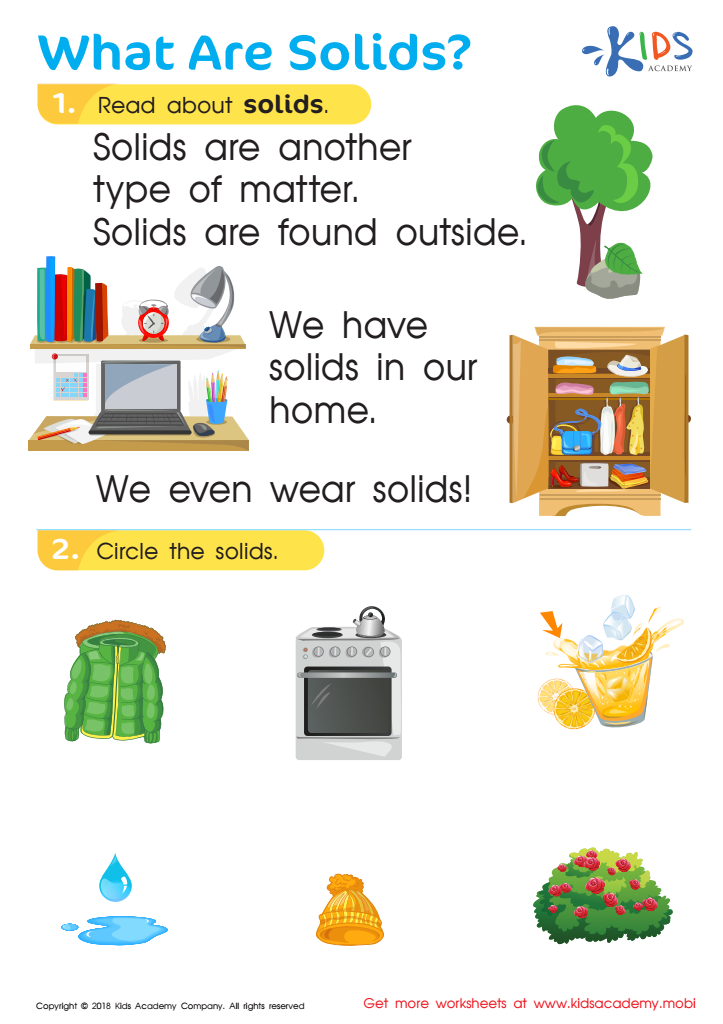

What Are Solids? Worksheet
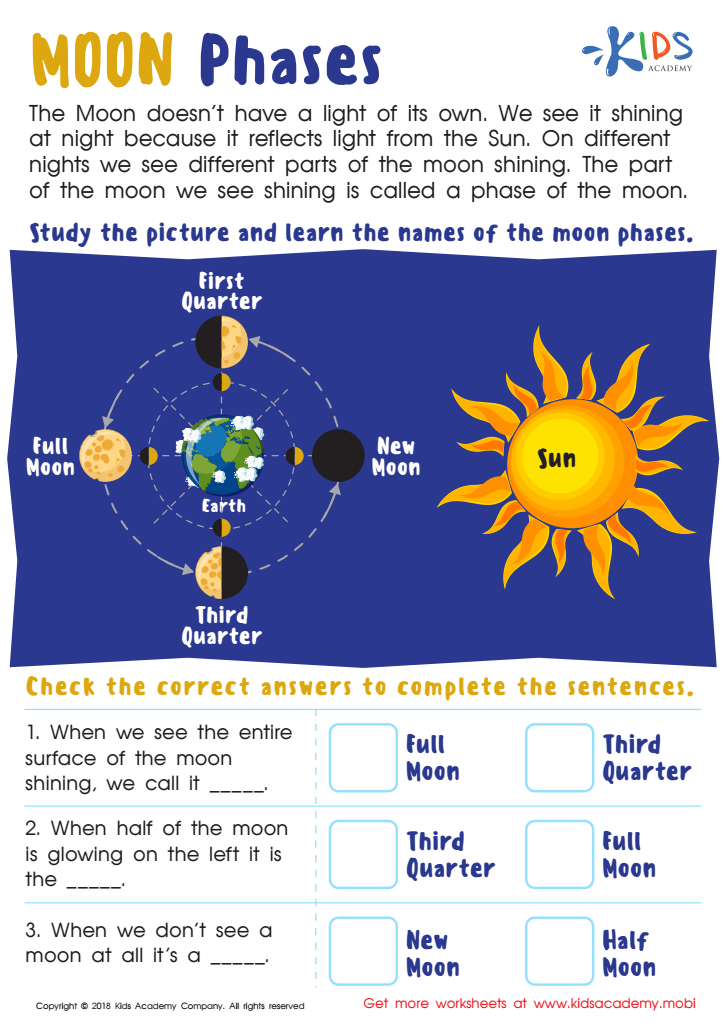

Moon Phases Worksheet
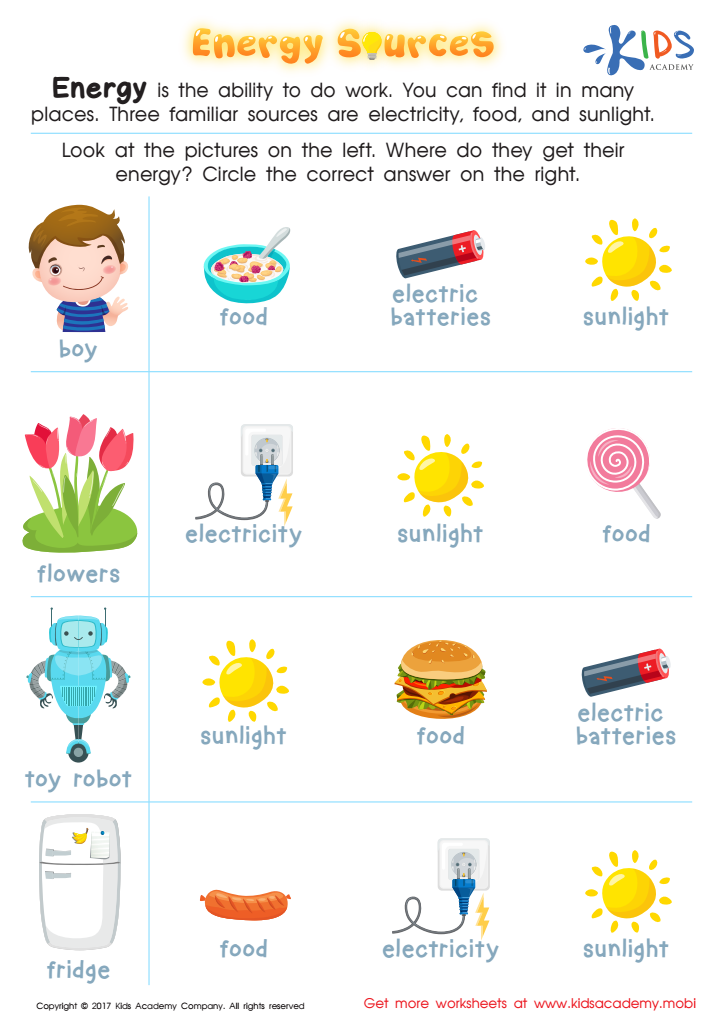

Energy Sources Printable
Parents and teachers should care about Knowledge Application in Normal Physical Science for ages 3-8 because it lays the foundation for children's understanding of the world around them. At this developmental stage, children are naturally curious, and engaging them in scientific concepts helps nurture their inquiry skills and critical thinking. By applying knowledge in fun and relatable ways, children learn to explore, ask questions, and experiment, all of which are essential for cognitive development.
Incorporating physical science concepts like balance, motion, and simple forces into everyday activities makes learning accessible and enjoyable. It encourages hands-on experiences, allowing children to connect abstract ideas with real-world contexts. This not only enhances their understanding of science but also fosters creativity and problem-solving skills.
Additionally, early exposure to science promotes an appreciation for the subject, potentially igniting a passion for STEM fields in the future. As children learn to apply scientific concepts, they also develop language skills as they describe their observations and share their findings, enriching their communication abilities.
Overall, by prioritizing Knowledge Application in physical science for young learners, parents and teachers contribute to well-rounded, inquisitive individuals who are prepared for lifelong learning and discovery.
 Assign to My Students
Assign to My Students




